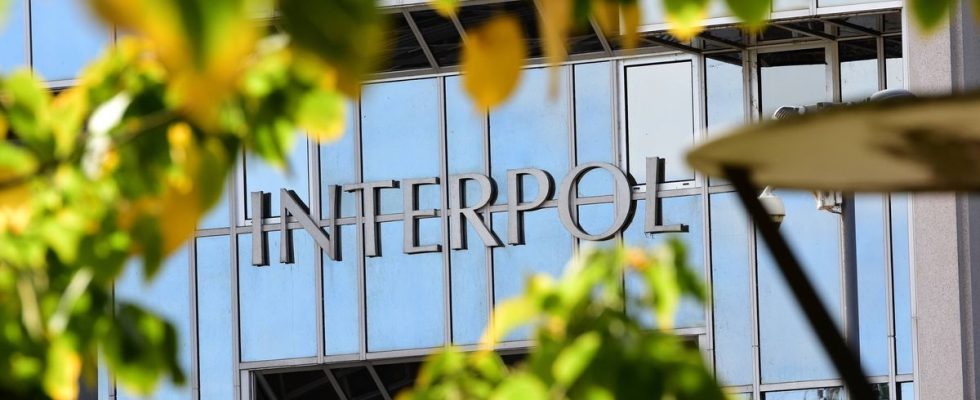It’s a huge crackdown and a victory against organized human trafficking. A global operation conducted jointly by Interpol, Frontex and Europol led to the arrest in May of 212 suspects and the identification of 1,426 victims exploited in 44 countries, including minors, Interpol announced on Thursday.
Prostitution, forced labor, begging, delinquency, smuggling…. The objective of this coordinated action called “Global Chain” was to target criminal groups exploiting victims from Africa, Asia, South America, but also from Europe (Balkans and Ukraine) and to place under protection their prey, according to the Interpol press release.
Sexual exploitation across Europe
Led by Austria and Romania, the operation involved some 130,000 police, customs and border officers, with interventions at 25,400 different sites and checks targeting 1.6 million people at border posts, on the roads , in stations or airports (153,300 vehicles and 8,644 targeted flights), according to the same source.
The crackdown carried out from May 8 to 15 enabled the Bulgarian authorities to arrest a suspected terrorist targeted since 2015 by an Interpol red notice who was traveling with a false passport. The Interpol press release also highlights six arrests in Serbia targeting suspects accused of forcing ten women into prostitution, eleven arrests in North Macedonia for a network of sexual exploitation of minors, seven arrests in Colombia, with 27 victims of sexual exploitation.
Children, a “potential for exploitation and profit”
In Romania, searches aimed at dismantling a network of forced labor led to four arrests, with eight victims identified. In Sweden, the operation helped rescue five minors forced to beg under the supervision of a 19-year-old young man. “Criminal groups see children differently than the rest of society, for them it is a potential for exploitation and profit”, underlines Stephen Kavanagh, the executive director of the police services of Interpol, quoted in the press release.
“Operations like Global Chain allow us to establish vital links to combat trafficking networks,” he explains. To coordinate interventions in the field, a unit bringing together representatives from 24 countries has been set up at Interpol headquarters in Lyon. Each country has defined the actions adapted to the traffics of its perimeter, specifies the press release. In addition to European countries, the Global Chain operation notably involved Ukraine, the Baltic countries, Iceland, Great Britain, the United States, Morocco, Nigeria, Brazil, Colombia, the Philippines, Bangladesh and Vietnam.

